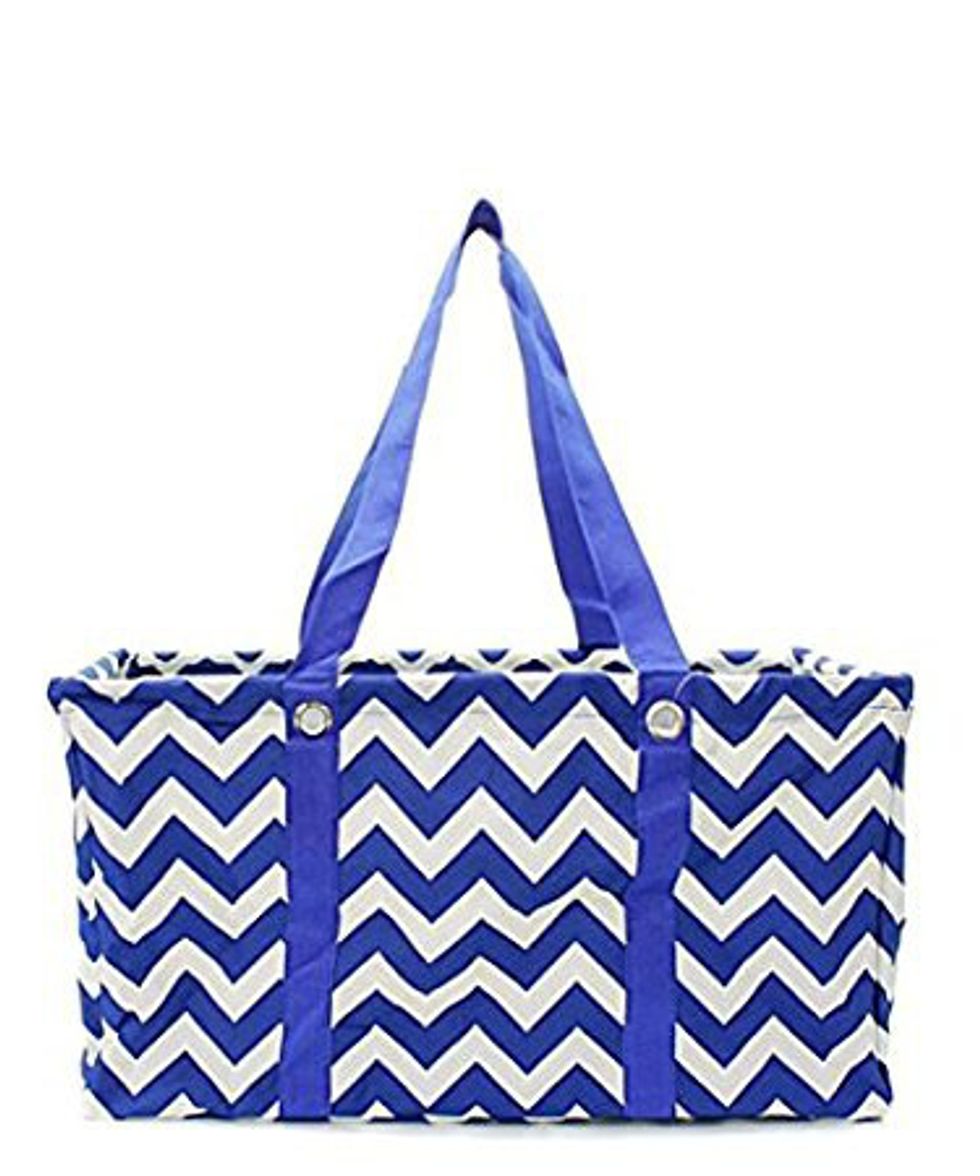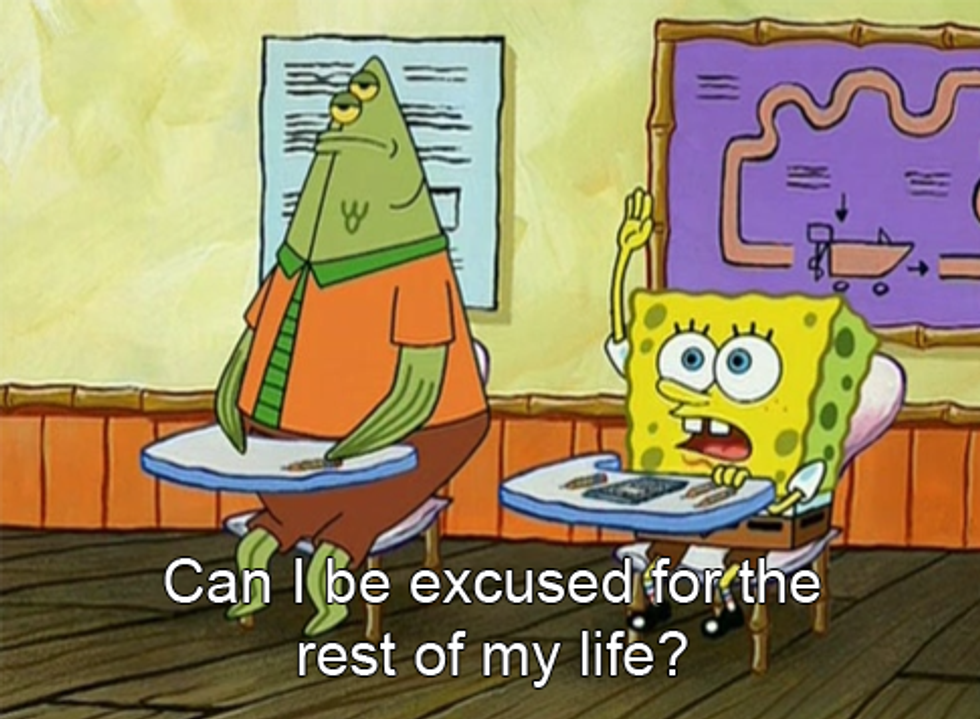"The last time you saw each other, Yvan said he liked your painting very much and I'd lost my sense of humor" - Marc
Modern art sets people off--amongst other things. Such was the case in "Art" by Yasmina Reza, a play about three men whose 15-year old friendship is torn apart by a white canvas and resolved by the same. It won 1996 Best Comedy Awards for both Oliver and Evening Standard and was translated into 35 languages.
When Serge bought a painting amounting 200,000 francs (S40,000), an all-white canvas with subtle horizontal lines one can barely see, Marc was upset. What was anyone supposed to be looking at—if there was anything to be looked at in the first place? Modern art is often accused of relying solely on shock appeal. After all, anyone can see that it is just a white canvas, so why would anyone pay that much for a Minimalist painting? Was the artist important? Was it about the status that came with being a connoisseur, even a pretentious dilettante at that?
Marc's disappointment was even more aggravated when Yvan expressed no strong opinion for either side. "If it makes him happy," he says. Little by little, it became clear that Marc's disappointment has not only to do with the white canvas but more to do with his friendship with Serge. "Yvan's very tolerant because he couldn't care less," declares Marc. "If Yvan tolerates the fact that Serge has spent two hundred grand on some piece of white shit, it's because he couldn't care less. Obviously."
Yvan suddenly felt compelled to ask, "Why do we see each other if we hate each other?", finally iterating the question on the audience's minds. Instead of providing an answer, Serge threw back the question to Yvan: why was he getting into a marriage he is clearly ambivalent about only for a potential business partnership with his soon to be relative?
The fight spun out of control, only to be resolved when Serge took his white painting, borrowed one of Yvan's pens from the stationery business he was starting, and urged Marc to draw whatever he pleases on it, demonstrating that their friendship was more important than the white painting worth 200,000 francs.
Albert Finney and Tom Courtenay in the first London production of Art.
(2014) Source: The Guardian
The play ends with the following monologues by Serge and Marc respectively:
Serge: 'Did you know ink from felt-tips was washable?'
'No,' Marc said...'No...did you?'
'No,' I said, very fast, lying. I came within an inch of saying, yes, I did know. But how
could I have launched out trial period with such a disappointing admission?...
On the other hand, was it right to start with a lie?...A lie! Let's be reasonable. Why am I so absurdly virtuous? Why does my relationship with Marc have to be so complicated?...
Marc: My friend Serge, who's one of my oldest friends, has bought a painting. It's a canvas
about five foot by four. It represents a man who moves across a space and
disappears...
By the man, he literally refers to the stick figure he drew on the white painting, that was later erased. But it also pertains to how he felt like he was losing Serge, while Serge was losing himself.
Contrary to what the title suggests, the play isn't about art, in the same way that the fighting isn't about the white canvas, and Yvan's wedding isn't really about his fiancee. Instead, art is an example of a "provocation piece", a subject matter that the playwright, Yasmina Reza, revels in . By taking something relatable and seemingly simple, the playwright explores the possibilities from this starting point, examines the character's complex feelings and behaviors to get to the heart of issues such as friendship and even the meaning of existence (Gould, 2017).
In a video by Vox entitled, "Why these all-white paintings are in museums and mine aren't", Elizabeth Sherman, Assistant Curator at the Whitney Museum of American Art, says that Minimalism is the opposite of abstract expressionism in that it doesn't stand for something other than itself. Instead of being an imitation of reality, it is just a white canvas. Instead of being about the artist's self-expression, the artist is removed from the artwork, and the artwork relies on our interaction with it, i.e. the difference between an image of a minimalist work versus moving into the space with the artwork and taking in the vastness, cleanliness, preciseness, and subtlety, and simplicity of the work. While we are now saturated by a lot of images, a white canvas can provide a break from visual noise (Sherman, 2017). And yet many may feel the need to ascribe another meaning to it, rather than perhaps appreciating it for what it is.
Sherman suggests that Minimalism can be "a Rorschach test for how we respond", similar to Reza's provocation piece (2017). For three middle-aged men, it brought about a confrontational argument of what their friendship really meant to each other. Male friendships aren't typically complicated, as men don't often discuss their feelings (Gould, 2017). Yet what really set Marc off was the emptiness of the white canvas and the urge to fill it with something. He saw the white canvas being devoid of meaning, much like what he feared his friendship with Serge has become .
"Art is long, life is short", so the Greek proverb goes, or in Latin, "Ars Longa, Vita Brevis". It has come to mean both that art outlives humanity and so we must create something that will outlast us, and that art or any practice takes up so much of our lives, and yet life is short. Yet, as Michael Billington points out in his review of "Art" for The Guardian, the opposite seems to be true in that Serge's invitation for Marc to vandalize his prized possession proves that their friendship outlasted art (Billington, 2014).
What is your white canvas?
Sources:
Articles/PDF:
Billington, M. (2014). Blank canvas: the enduring appeal of Yasmina Reza's Art. [online] the Guardian. Available at: https://www.theguardian.com/stage/2014/oct/28/yasmina-reza-art-20-years-enduring-appeal [Accessed 15 Jan. 2020].
Gould, S. (2017). 'Art' at the Old Vic. [ebook] London: Old Vic New Voices Education. Available at: https://oldvic-uploads.s3.amazonaws.com/uploads/2017/05/Art-Education-Pack.pdf [Accessed 15 Jan. 2020].
Reza, Y. (1994). Art. [ebook] Available at: https://kupdf.net/download/art-the-play-yasmina-reza-english-pdf_59f0c2bbe2b6f598324f005f_pdf [Accessed 15 Jan. 2020].
Video:
Vox (2017). Why these all-white paintings are in museums and mine aren't. [video] Available at: https://www.youtube.com/watch?v=9aGRHOpMRUg [Accessed 15 Jan. 2020].
Michaud, B. (2016). Art. [video] Available at: https://www.youtube.com/watch?v=CoM44Rt2x3I&t=639s [Accessed 15 Jan. 2020].
Images:
Muir/Rex, A. (2014). Albert Finney and Tom Courtenay in the first London production of Art. [image] Available at: https://www.theguardian.com/stage/2014/oct/28/yasmina-reza-art-20-years-enduring-appeal [Accessed 15 Jan. 2020].
Reza, Y. (1994). Art. [image] Available at: https://www.goodreads.com/book/show/284022._Art_ [Accessed 15 Jan. 2020].




















